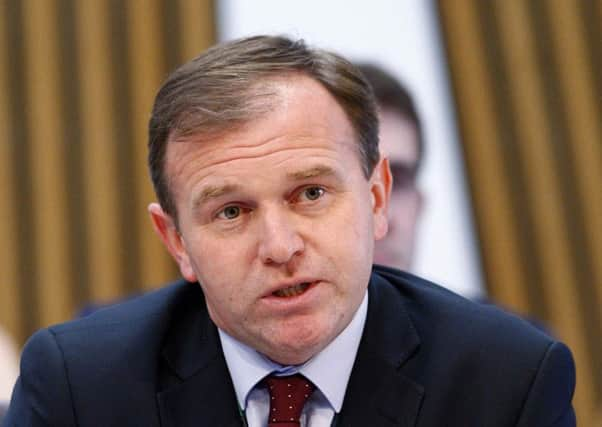CAP reform rears its head as EU debate heats up


At a meeting with sheep industry leaders over the weekend, UK farming minister George Eustice told producers that they faced a plethora of opportunities if the country voted for a Brexit.
Suggesting that it would essentially be a blank canvas for future financial support and trade activity, the minister outlined a number of practical options for alternative support payment structures, and stated he was particularly keen to abolish the “chaos” of annual support applications.
Advertisement
Hide AdAdvertisement
Hide AdEustice also said he was optimistic that a “mutual reliance” on imports and exports between the UK and other European countries would allow trade to continue.
However, speaking yesterday, Defra secretary Liz Truss claimed that the entire British lamb industry would be under threat if the UK left the European Union.
She said that Europe accounted for 97 per cent of the UK’s lamb exports – 40 per cent of total production – and this was worth over £290 million to the country’s 10,000 sheep producers.
EU tariffs could add an additional £155m to the cost of lamb and mutton exports to Europe, she added.
Truss said that lamb exporters could also face a red tape “double whammy” of different rules for animal health, food safety and labelling to sell abroad and at home.
• In a report meant to be divorced from the UK’s partisan referendum debate, the House of Lords committee proposed that future CAP support should be based on the delivery of “public goods” – such as environmental management, high animal welfare, food security and stewardship of the land.
Stating that price volatility was an inherent feature of agricultural commodities markets – the report concluded that unanticipated periods of sustained low prices were more damaging to the sector.
“Evidence we received suggested it is time for the CAP to be reformed to more fully recognise the holistic service farmers provide for society by directing funding towards the provision of public goods,” said the group’s chair, Baroness Scott.
Advertisement
Hide AdAdvertisement
Hide AdShe said that income support for farmers in the UK and in the wider EU should continue as the conditions for agriculture were more challenging than in many other major producing countries, but added: “Nevertheless, public money should not be used to simply prop up inefficient farmers.”
